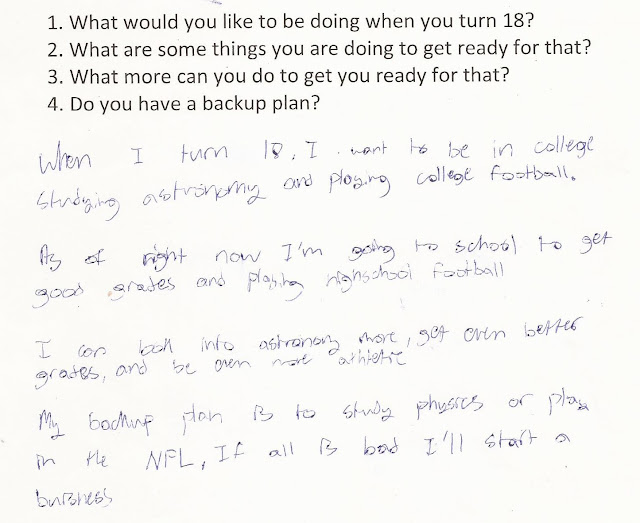A list of helpful information about adolescent development:
- Your teenager’s brain continues to develop until age 25.
- Teenage decisions can be influenced by a strong emotional response because of the influence of the limbic system (which controls emotions) in an adolescent brain. Eventually, the limbic system in your teen’s brain will be under greater control of the prefrontal cortex. The prefrontal cortex is responsible for planning, controlling impulses, moral reasoning and high order thinking. This is the last part of the brain to develop.
- As previously mentioned, the last part of the brain to develop is the prefrontal cortex. The prefrontal cortex is in charge of understanding cause and effect. Sometimes teenagers may engage in negative behavior and not know why, and not truly understand the potential consequences of the behavior.
- Teen brains are wired to seek out rewards and seek instant gratification. This means that teenagers are likely to engage in risky behaviors (drug use, sex, unsafe driving, etc.) because they have challenges delaying gratification.
- Hormonal changes in the brain make teenagers more aware that they are not alone in this world. This results in a teenager feeling more self-conscious than ever before. They may think everyone is thinking about them, judging them, or watching them.
- Social media CAN influence the brain. Studies have shown that when teenagers look at pictures on social media that display risky behaviors, it decreases activity in the part of the brain that is responsible for controlling impulses.
- Spend quality time with your teenager, even if they resist.
- Show them unconditional love.
- Set boundaries and follow through with consequences.
- Give them opportunities in SAFE spaces to practice skills such as delaying gratification, controlling impulses, and making decisions. The more they practice in safe places, the better they can use these skills out in the ‘real world’.
- Give them structure and predictability. Teach them how to be organized.
- Do not give long lectures. The average teen will stop listening after 4-8 minutes. Make it short, sweet and to the point.
- Limit the amount of time your teenager spends on social media. It is important for your teenager to have time away from social media and cell phones so they can learn to regulate their emotions and develop appropriate social skills.
Crisis Program Supervisor















